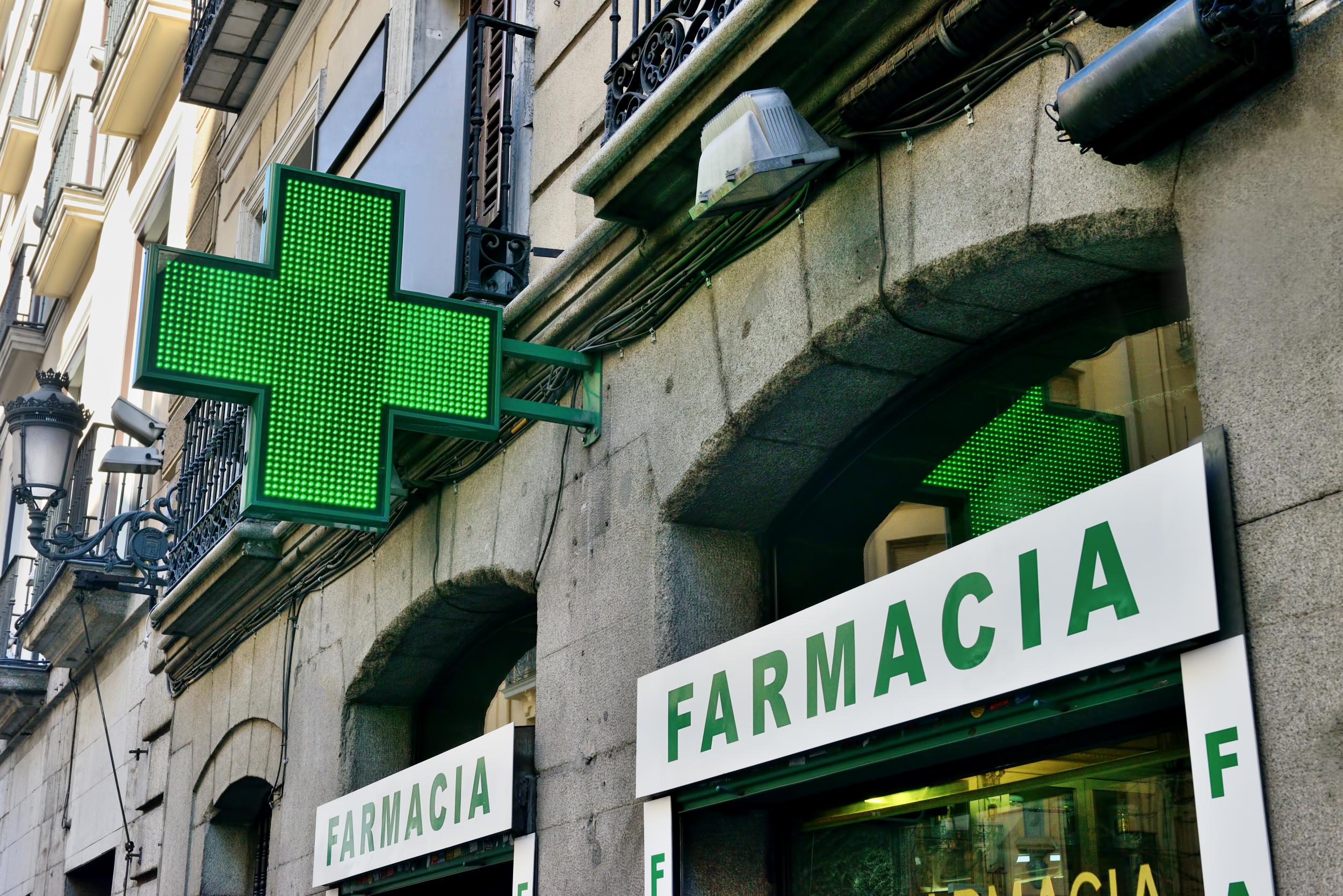What to do if you get coronavirus symptoms while on holiday
Follow local guidance

The government lifting of quarantine for 59 countries has been met with enthusiasm by many and relief from within the sector. While travel might be easier now, the risk from Covid-19 has not disappeared. We look at what to do if you develop coronavirus symptoms on holiday.
What symptoms should I look out for?
According to the NHS, the three main symptoms to look out for are a high temperature, a new continuous cough, or a loss or change to your sense of smell or taste.
I have symptoms. What shall I do?
Follow the advice of local authorities. This can vary from region to region. You may be required to self-isolate for 14 days. If your symptoms escalate, you should call for an ambulance. Contact your travel insurance provider to clarify what cover you may be eligible for.
The TravelHealthPro website gives the following instructions:
- Stay indoors and avoid contact with other people, as you would with the flu.
- Call your health provider and/or insurance company to discuss what you should do.
- Follow local public health guidance if available.
- If you become unwell at an airport, bus or train station before or during a long trip, seek medical advice and do not start or continue your journey.
- Once you have fully recovered, check with your health provider if you are fit to travel, before any onward travel.
Can I claim for hospital treatment or an extension of my hotel stay through my travel insurance?
That depends on your cover. If you purchased travel insurance before the Foreign and Commonwealth Office (FCO) issued its advice on 4 April 2020 against all non-essential travel, you may get some of your expenses reimbursed. If you purchased it after this date, there’s a chance it won’t be included.
In June, the holiday firm Trailfinders announced that its travel insurance policy had been expanded to include coronavirus protection. Cover includes medical expenses if you catch the virus overseas, and cancellation cover for claims such as cancelling a holiday due to contracting the infection.
It’s also worth remembering that until the end of 2020, British travellers are covered by the European Health Insurance Card (Ehic) scheme, which offers treatment in public hospitals on the same basis as local citizens when in any of the 28 EU countries, plus Iceland, Liechtenstein, Norway and Switzerland.
I want to go home. Can I travel?
If you are infected with the virus, you run the risk of infecting countless other people who you may run into. Depending on the country, this has the potential to have a significant impact on vulnerable communities and health infrastructure. If you are vulnerable, you may wish to seek professional healthcare locally or contact your local GP in the UK for guidance on next steps. Be aware that exit screening, which may include having your temperature taken or questions about your health, may be enforced at departing airports. If you are symptomatic, you may be denied boarding.
The TravelHealthPro website states: “If you become unwell at an airport, bus or train station before or during a long trip, seek medical advice and do not start or continue your journey.”
Join our commenting forum
Join thought-provoking conversations, follow other Independent readers and see their replies
Comments
Bookmark popover
Removed from bookmarks